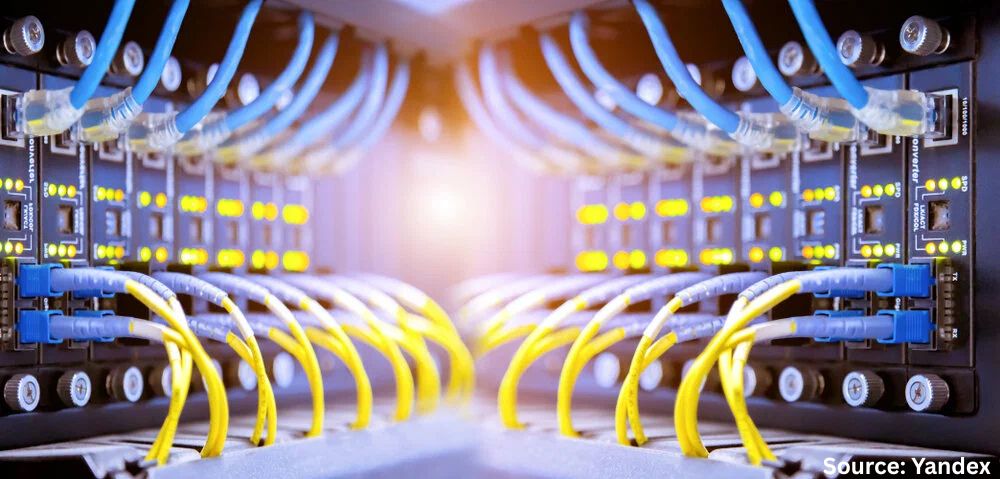
Japan Military Computer Market by Component (Hardware, Software, and Service), by Product (Rugged Computer, Embedded Computer, and Wearable Computer), by Application (Command and Control Systems, Communication Systems, Combat and Tactical Operations, Intelligence, Surveillance, and Reconnaissance (ISR) Systems, and Others), and by End-User (Army, Navy, and Air Force) – Opportunity Analysis and Industry Forecast, 2025–2030
Industry: Aerospace & Defense | Publish Date: 04-Nov-2025 | No of Pages: 154 | No. of Tables: 117 | No. of Figures: 62 | Format: PDF | Report Code : AD3646
Industry Outlook
The Japan Military Computer Market size was valued at USD 341.9 million in 2024, and is projected to grow to USD 376.48 million by 2025. Additionally, the industry is expected to continue its growth trajectory, reaching USD 518.5 million by 2030, at a CAGR of 6.6% from 2025 to 2030.
The factors such as rising military power and increase in defense expenditure drive market growth. However, delay in supply of components poses significant challenges to market expansion. On the other hand, the adoption of AI and ML technologies presents future prospects for increasing operational effectiveness and decision-making ability. Additionally, the key players such as Microchip Technology Inc. Northrop Grumman Corporation, and others are initiating different steps such as product releases and partnerships in a bid to strengthen their market position as well as increase their product range.
These efforts are likely to spur innovation and take-up in the military computer market, enhancing the overall performance and readiness of defense forces. With advancements in AI and ML, companies are focusing on developing reliable communication and autonomous systems, offering enhanced security, privacy, and user control. As the market matures, the increasing demand for enhanced operational efficiency and decision-making capabilities is expected to fuel further growth.
Rising Military Power Driving Japan Military Computer Market Growth
Japan's recognition as a significant military power fuels the market expansion by driving investments in advanced computing technologies essential for defense operations. This supports the country's armed forces in acquiring high-performance rugged military computers critical for mission planning, intelligence gathering, and battlefield management. The 2024 Global Firepower (GFP) index mentions that Japan's military strength is highlighted as it ranks 7th out of 145 countries, encouraging further advancements in defense technologies. This enhanced military capability accelerates the adoption of advanced military computing solutions, propelling market growth as Japan focuses on maintaining technological superiority in its defense infrastructure.
Increase in Defense Expenditure in the Market
The increase in defense expenditure in the country boosts the growth of the military computer market due to investments in advanced computing systems aimed at improving operational efficiency. This allows defense forces to acquire essential systems for real-time data analysis and critical mission applications. The growth in military capability drives the adoption of military computers boosting market growth, as Japan prioritizes technological upgrades to improve its defense operations and maintain strategic advantage.
Delay in Supply of Components Restrains the Japan Military Computer Market Expansion
Delays and shortages in the supply of critical components hinder the timely procurement of tactical computer systems. The inability to deploy advanced systems on schedule limits the military's capability to respond swiftly to emerging threats, affecting strategic decision-making and operational effectiveness. Also, prolonged timelines also impact training and adaptation processes, delaying the full utilization of new technologies within defense forces. These supply chain disruptions result in increased costs and longer project timelines, thereby limiting the efficient deployment of these technologies hindering market growth.
Integration of Artificial Intelligence and Machine Learning Technology Creates Future Market Opportunities
The integration of advanced technologies, such as artificial intelligence and machine learning creates possibility for military computer market growth. The integration of AI and ML becomes essential as these technologies enhance operational efficiency and decision-making capabilities. Military computers capable of supporting autonomous systems, such as drones and unmanned vehicles, provide secure, trustworthy communication between them and are paving the way for new innovation in the defense industry. With increasing defense budgets and the demand for sophisticated technologies, the use of AI and ML in military computers is likely to propel high growth in the military computer market.
Competitive Landscape
Several market players operating in the Japan military computer industry are Microchip Technology Inc., Northrop Grumman Corporation, Panasonic Holdings Corporation, Intel Corporation, ADLINK Technology Inc., Barco NV, Dell Technologies, Qualcomm Technologies, Inc., Thales Group, NVIDIA Corporation, Crystal International Group Limited, Palantir Technologies Inc., IBM Corporation, Mitsubishi Electric Corporation, Getac Technology Corp. and others.
Japan Military Computer Market Key Segments
By Component
-
Hardware
-
Processors
-
Input/Output Devices
-
Others
-
-
Software
-
Operating Systems
-
Application Software
-
-
Service
By Product
-
Rugged Computer
-
Rugged Laptops
-
Rugged Tablets
-
Rugged Displays
-
Rugged Handhelds
-
-
Embedded Computers
-
Wearable Computers
By Application
-
Command and Control Systems
-
Communication Systems
-
Combat and Tactical Operations
-
Intelligence, Surveillance, and Reconnaissance (ISR) Systems
-
Others
By End User
-
Army
-
Navy
-
Air Force
Key Players
-
Microchip Technology Inc.
-
Northrop Grumman Corporation
-
ADLINK Technology Inc.
-
Barco NV
-
Dell Technologies
-
Qualcomm Technologies, Inc.
-
Thales Group
-
NVIDIA Corporation
-
Crystal International Group Limited
-
Palantir Technologies Inc.
-
IBM Corporation
-
Mitsubishi Electric Corporation
-
Getac Technology Corp
Report Scope and Segmentation
|
Parameters |
Details |
|
Market Size in 2025 |
USD 376.48 Million |
|
Revenue Forecast in 2030 |
USD 518.5 Million |
|
Growth Rate |
CAGR of 6.6% from 2025 to 2030 |
|
Analysis Period |
2024–2030 |
|
Base Year Considered |
2024 |
|
Forecast Period |
2025–2030 |
|
Market Size Estimation |
Million (USD) |
|
Growth Factors |
|
|
Companies Profiled |
15 |
|
Market Share |
Available for 10 companies |
|
Customization Scope |
Free customization (equivalent up to 80 working hours of analysts) after purchase. Addition or alteration to country, regional, and segment scope. |
|
Pricing and Purchase Options |
Avail customized purchase options to meet your exact research needs. |

















 Speak to Our Analyst
Speak to Our Analyst

























